You may also like
UK Customs : Transition from CHIEF to CDS
By the end of March 2023, CHIEF (Customs Handling of Imports and Export Freight) which is the system that records the movement of goods by land, air and sea in the UK will be fully replaced by CDS (Customs Declaration...
Robot Process Automation Increasing Efficiency of BPO.
Increasing Efficiency by Saving 166 Hours Per month through Data Assistant.
SFL Tech Partners with Lune to Enhance Emission Visibility for Clients
Dubai, UAE June 2024 – SFL Tech Pvt Limited, a leading provider of scalable, integrated logistics management technology solutions, is proud to announce its partnership with Lune, a leading climate impact company based...
SFL Elevates Global Footprint with a Strategic Expansion into Japan
Soft Freight Logic (SFL Tech), a global leader in logistics and supply chain technology solutions, is expanding into Japan, marking a transformative milestone in the company’s global journey. Global Impact, Local...
SFL Becomes Service Partner of Blume Global Empowering the Next Era of Logistics Excellence
As of November 2023, Soft Freight Logic (SFL Tech) becomes a proud service partner of Blume Global. Blume Global is a supply chain technology provider, with direct connectivity to the ocean, air, rail, parcel, LTL, and...









